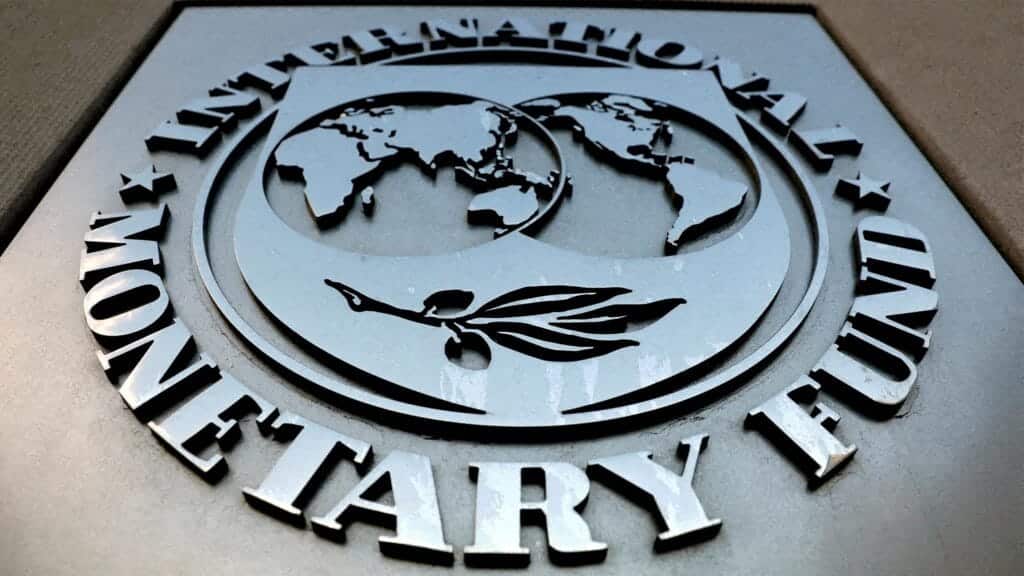IMF improves forecast for Kazakhstan’s economic growth

According to Nicolas Blancher, deputy head of the International Monetary Fund department on the Middle East and Central Asia and head of the IMF mission to Kazakhstan, the country’s GDP will grow by 4.8% this year.
«In terms of economic activity, we see that economic growth has been quite steady this year and we are now forecasting that it is going to be at 4.8% this year. This growth is driven by all economic sectors including oil and non-oil industries,» he said during a briefing on preliminary results of the annual review of the country’s economy.
He also noted that the consequences of the war in Ukraine have had a limited impact on Kazakhstan’s economy as inflation declined from 21.3% in February to less than 11% now.
According to Blancher, Kazakhstan’s economic growth will be quite modest next year due to a decline in oil output as the expansion project at Tengiz has fallen behind schedule.
«In the future, we are expecting economic growth to be at 3% to 3.5%. I mean, non-oil growth, of course. If we are talking about the overall growth, it can be different and will depend on the amount of oil produced within the country,» the IMF representative said.
According to the fund, Kazakhstan’s GDP can either or decline. This will depend on several factors, first of all, on oil output and indirect consequences of the war in Ukraine, the geopolitical situation in the world and the socio-economic situation in Kazakhstan itself.
In order to keep high rates of economic growth the country’s government should be more active in conducting reforms. Even though inflation in Kazakhstan is decreasing, it is still higher than the target mark of 5% to 6%, which is one of the key risks for economic growth.
Energy price surges, which the IMF generally supports, may keep inflation high. Moreover, the international fund believes that the National Bank has some room to earn more trust in its monetary policy.
«One of the directions of this work must be eliminating non-core activities by the National Bank or so-called quasi-fiscal transactions. Once they are gone, the overall work of the regulator will be improved. A division of tasks is needed. The National Bank of Kazakhstan must be responsible for dealing with inflation and must use available tools,» Blancher underlined.
He also said that the final version of the report will be published in February 2024.
On October 20, the IMF revised its forecast for the global economic growth next year from 3% to 2.9%. At the same time, the fund has kept its forecast for the global GDP growth at 3%.
In October, the IMF expected Kazakhstan’s economy to grow by 4.6% (previously forecasted at 4.3%) thanks to high oil prices and by 4.2% next year (previously at 4.9%). In January 2023, the IMF forecasted Kazakhstan’s annual economic growth at 4.3%, which is 0.1 percentage points less than it was forecasted in October 2022.

